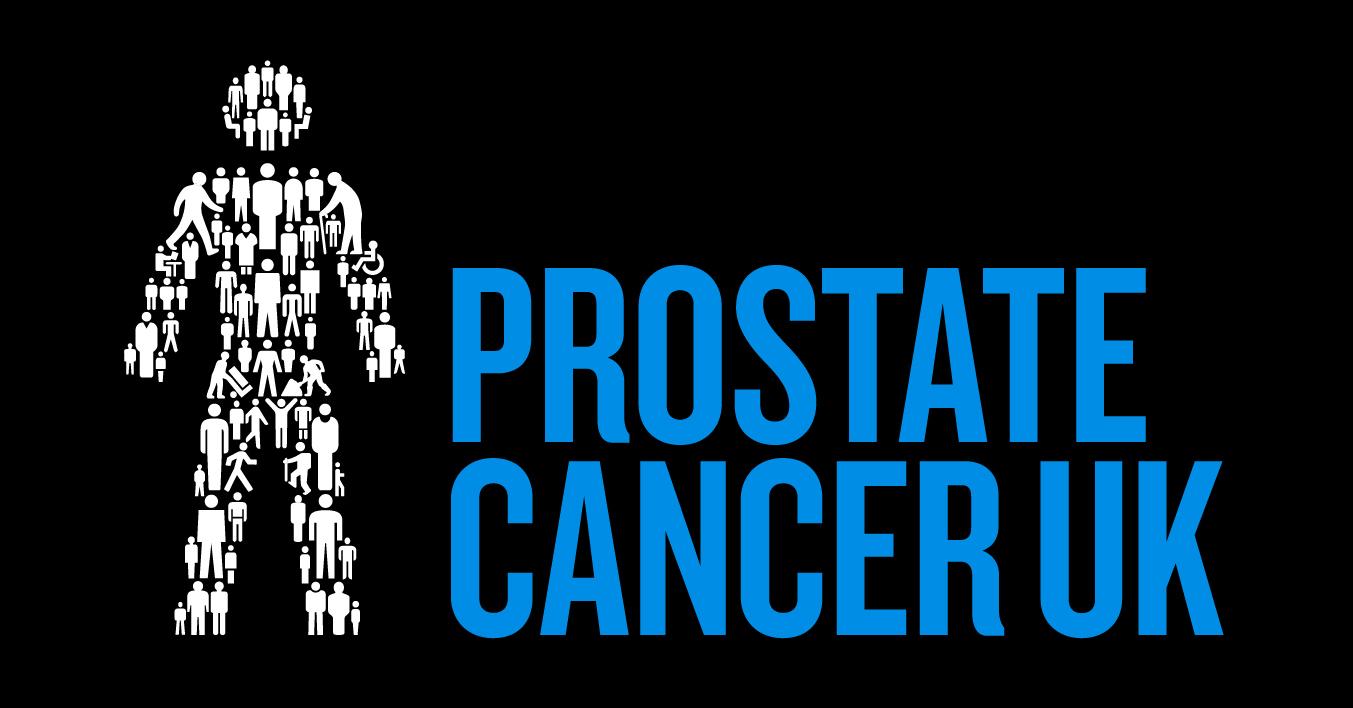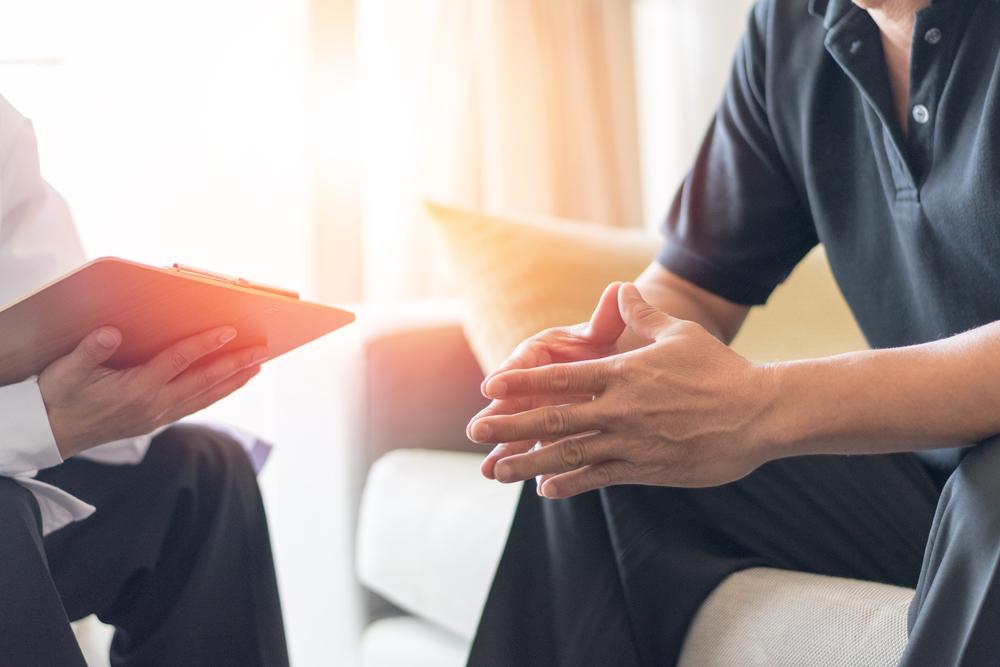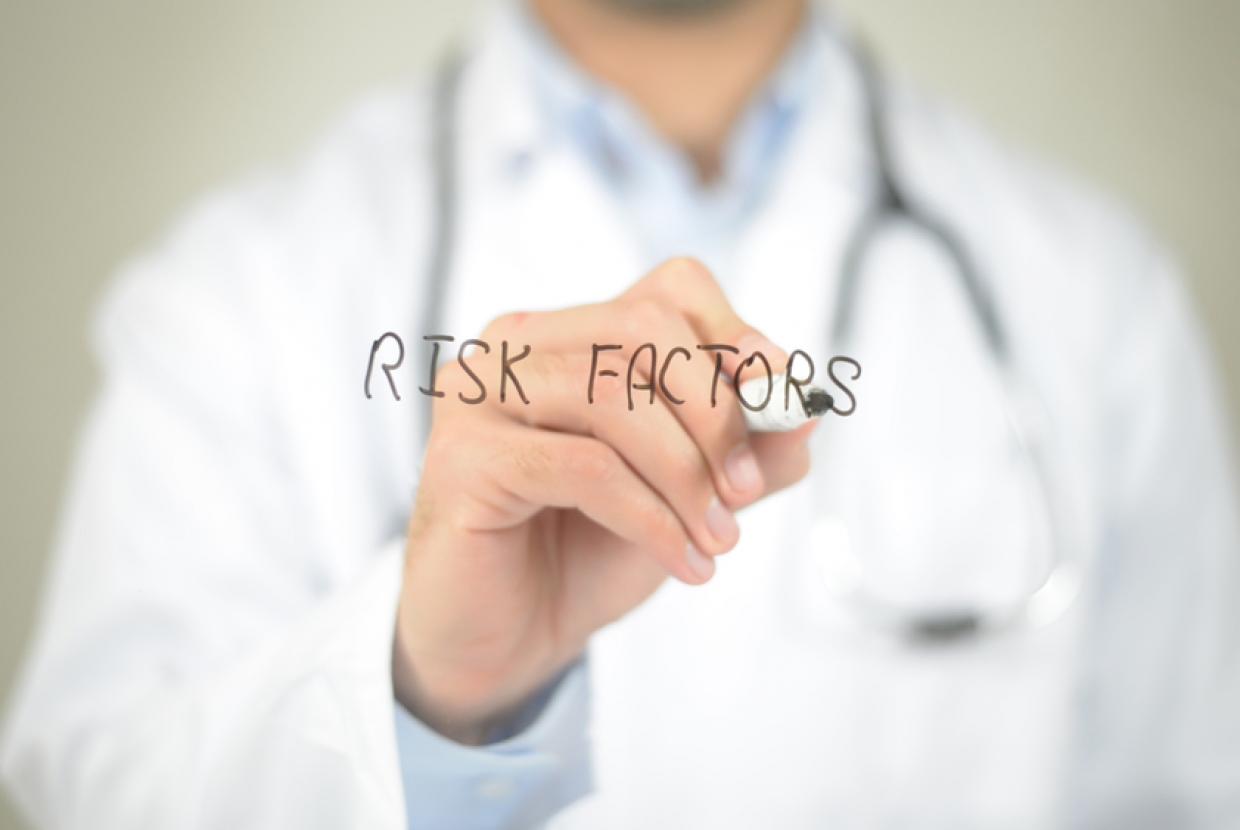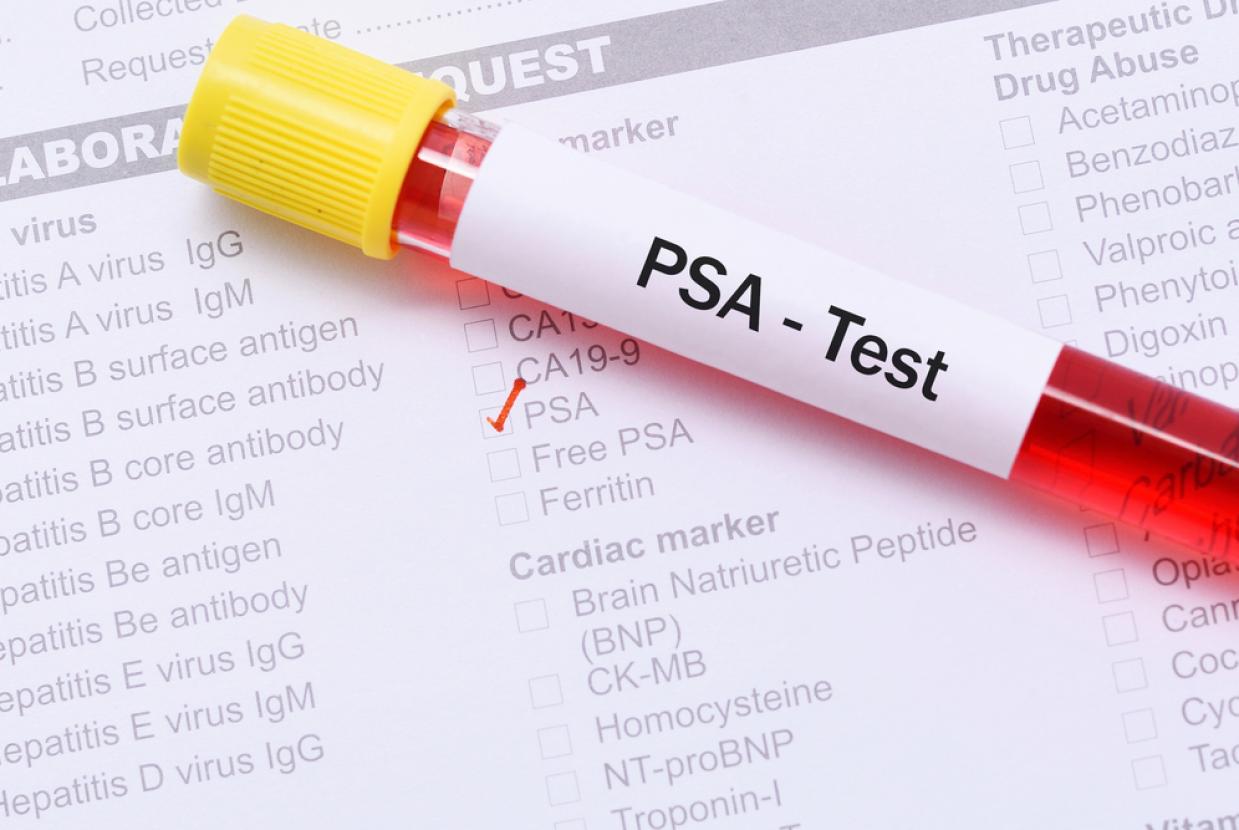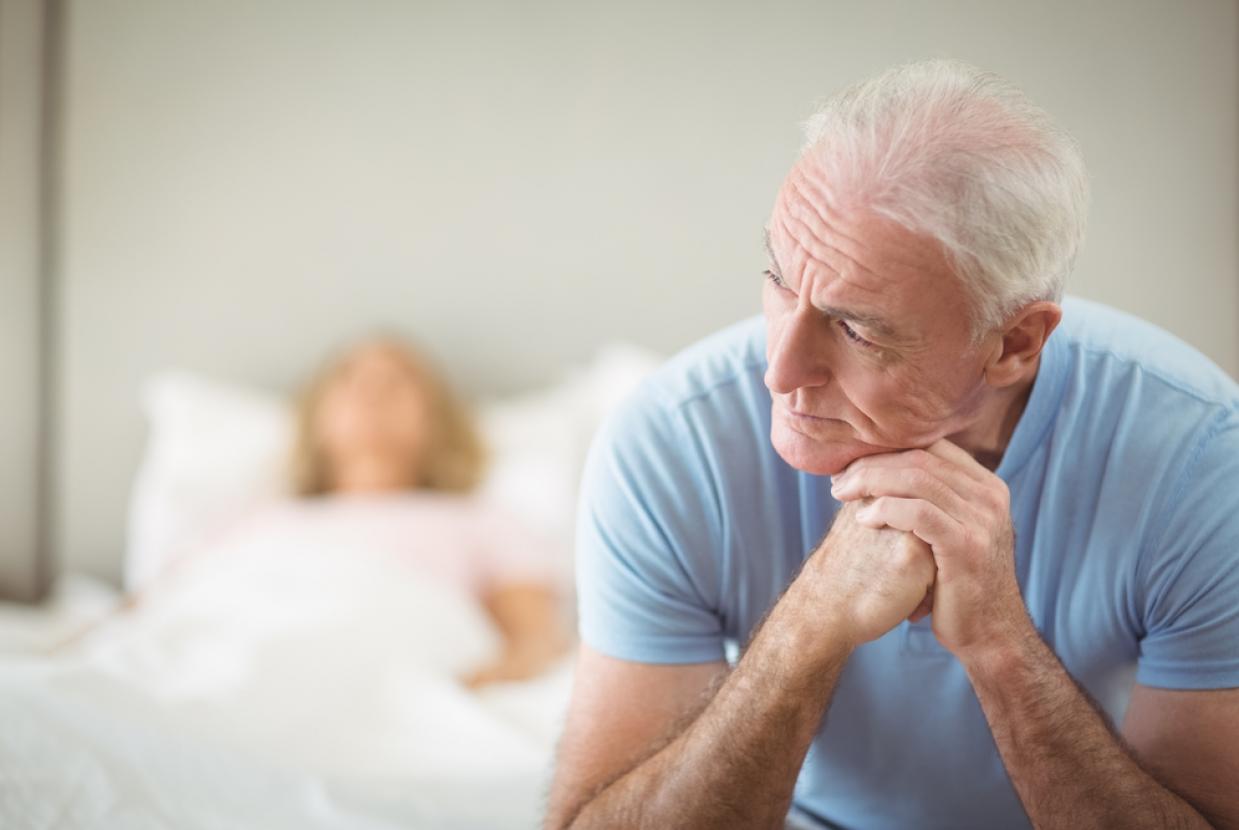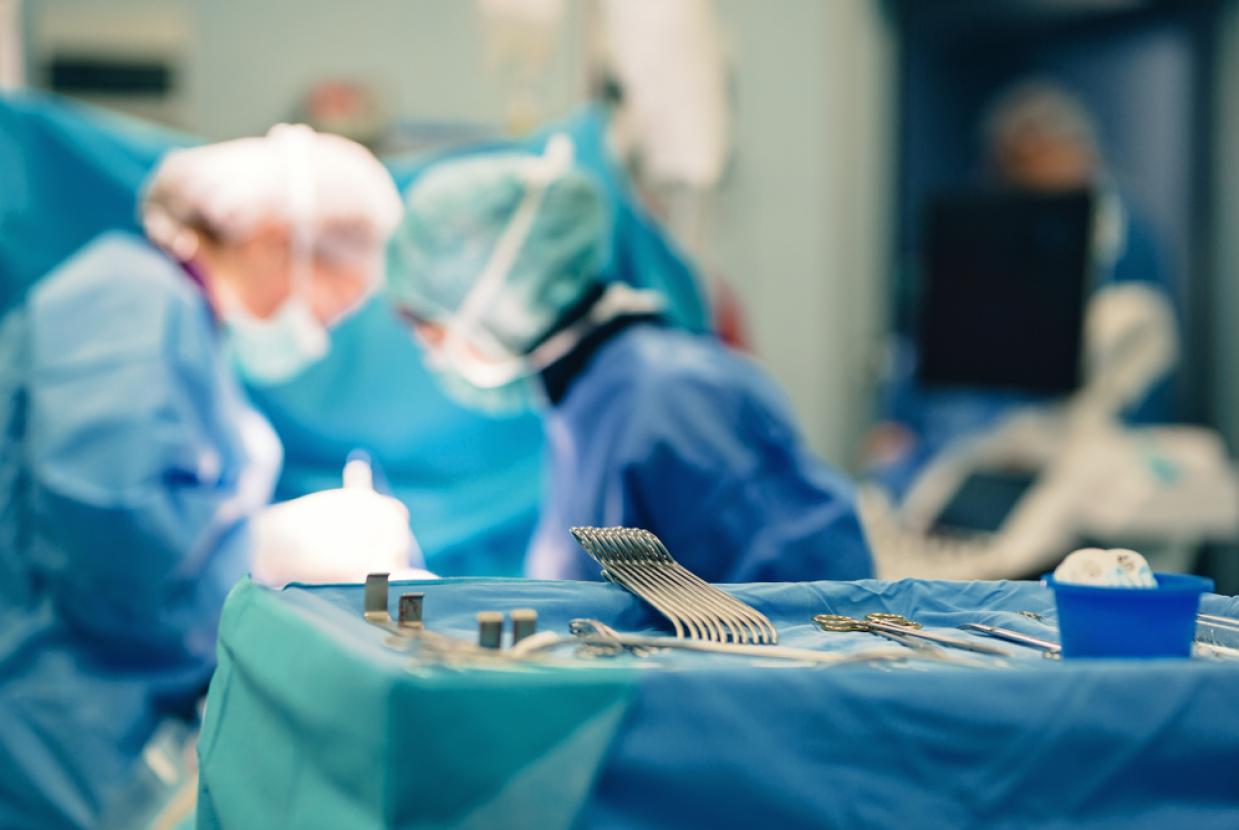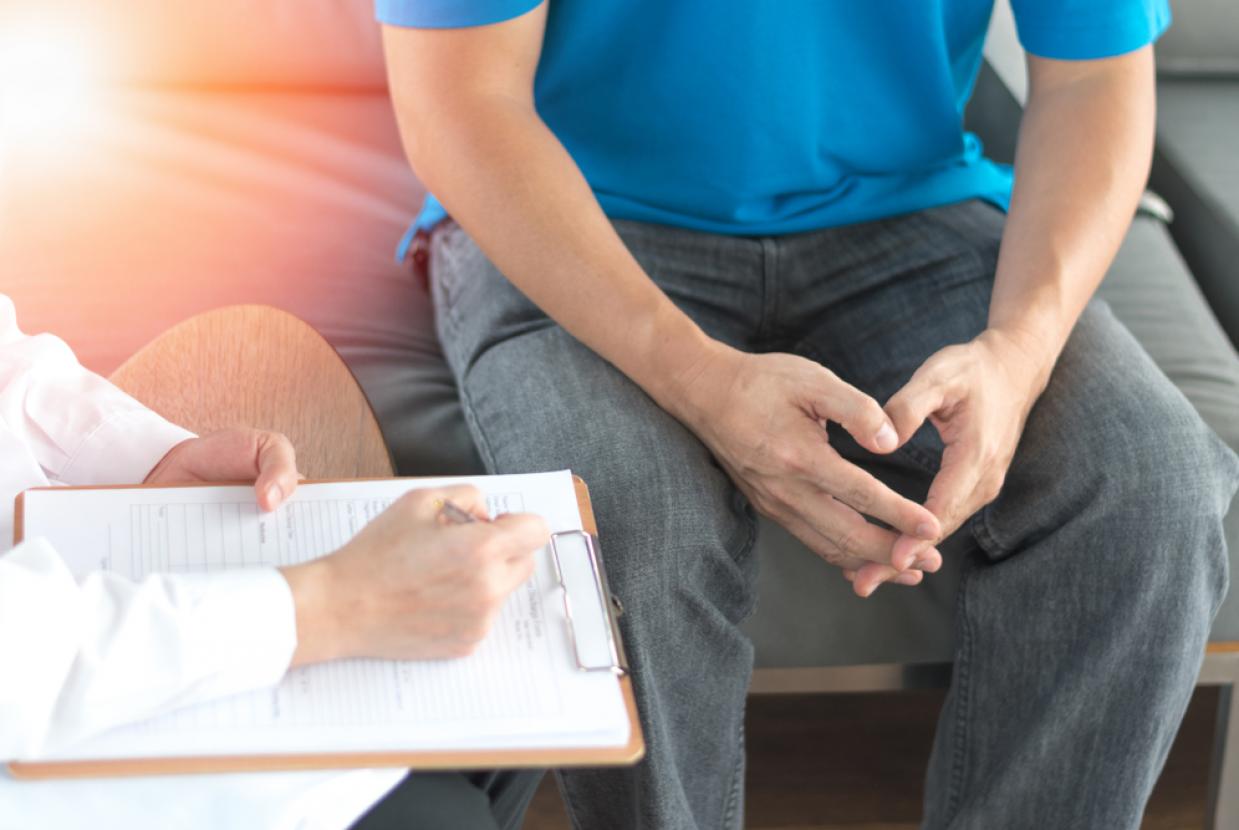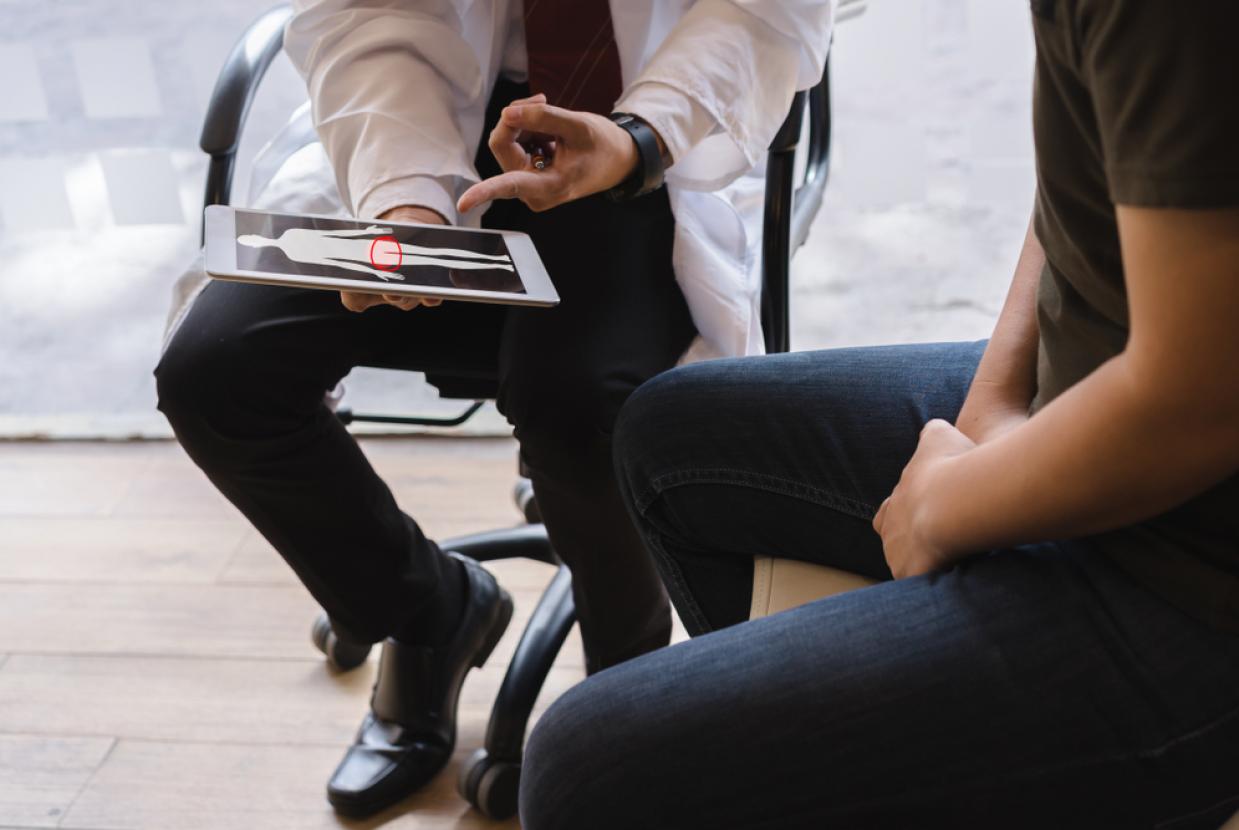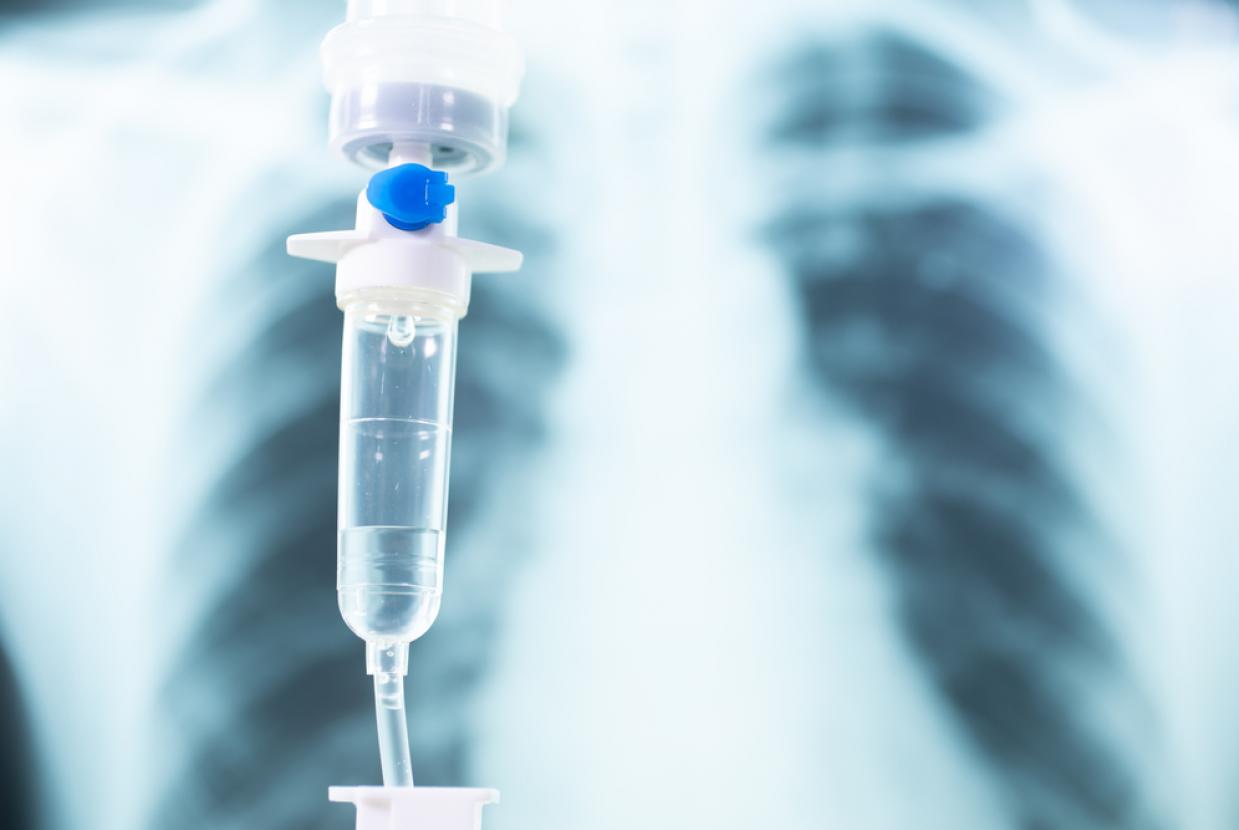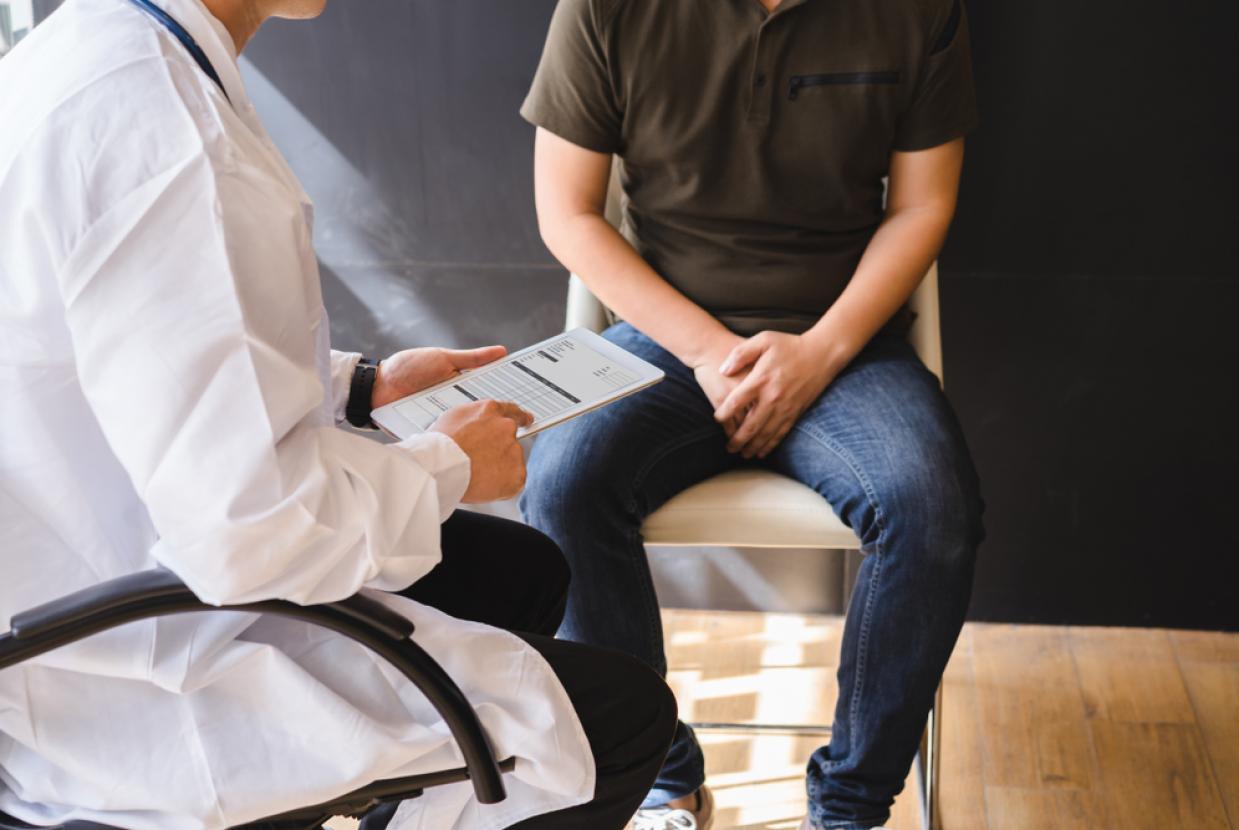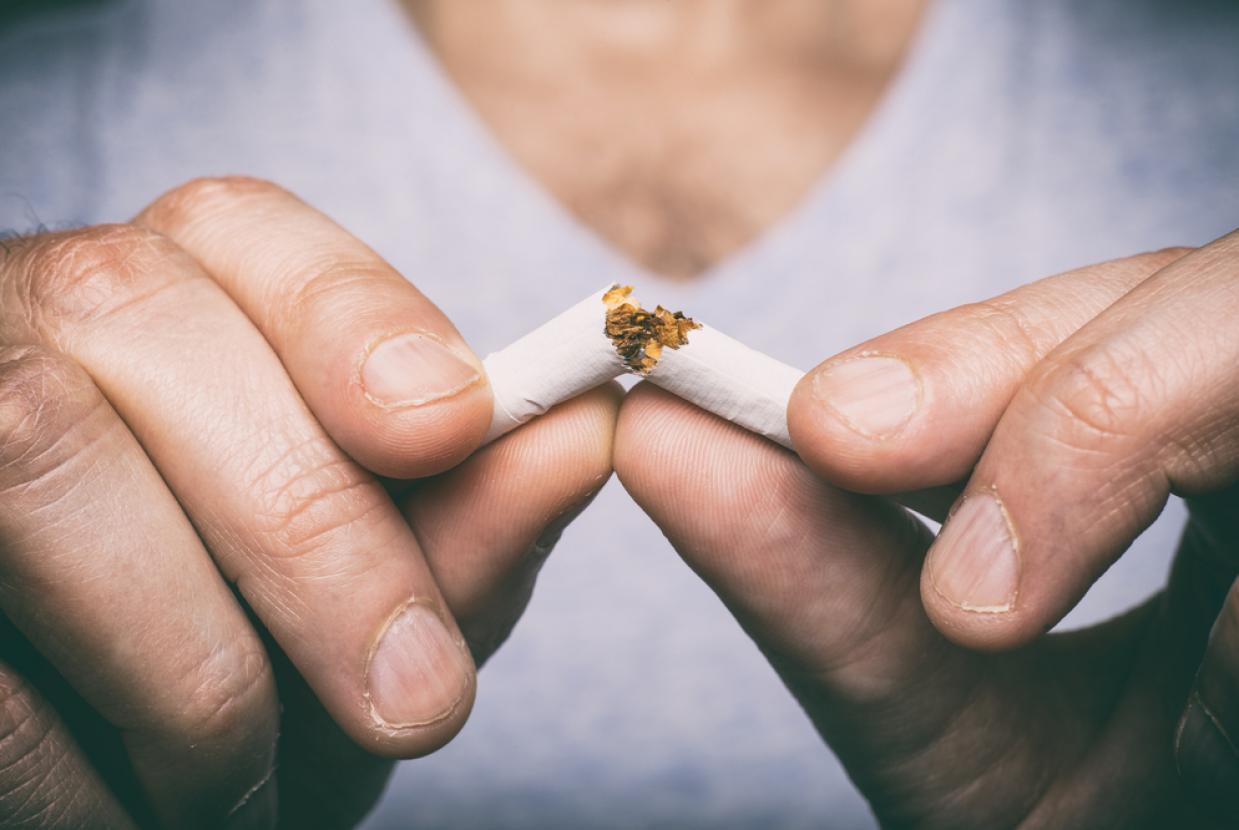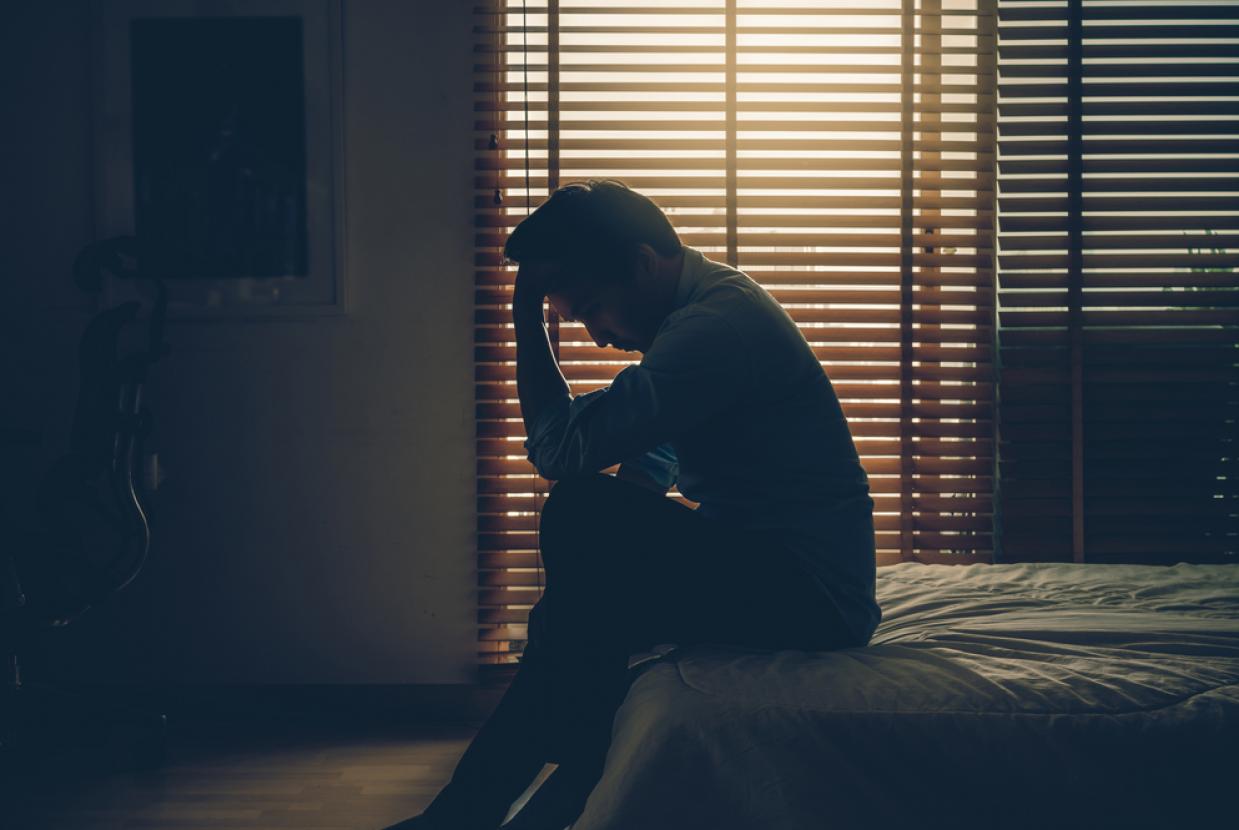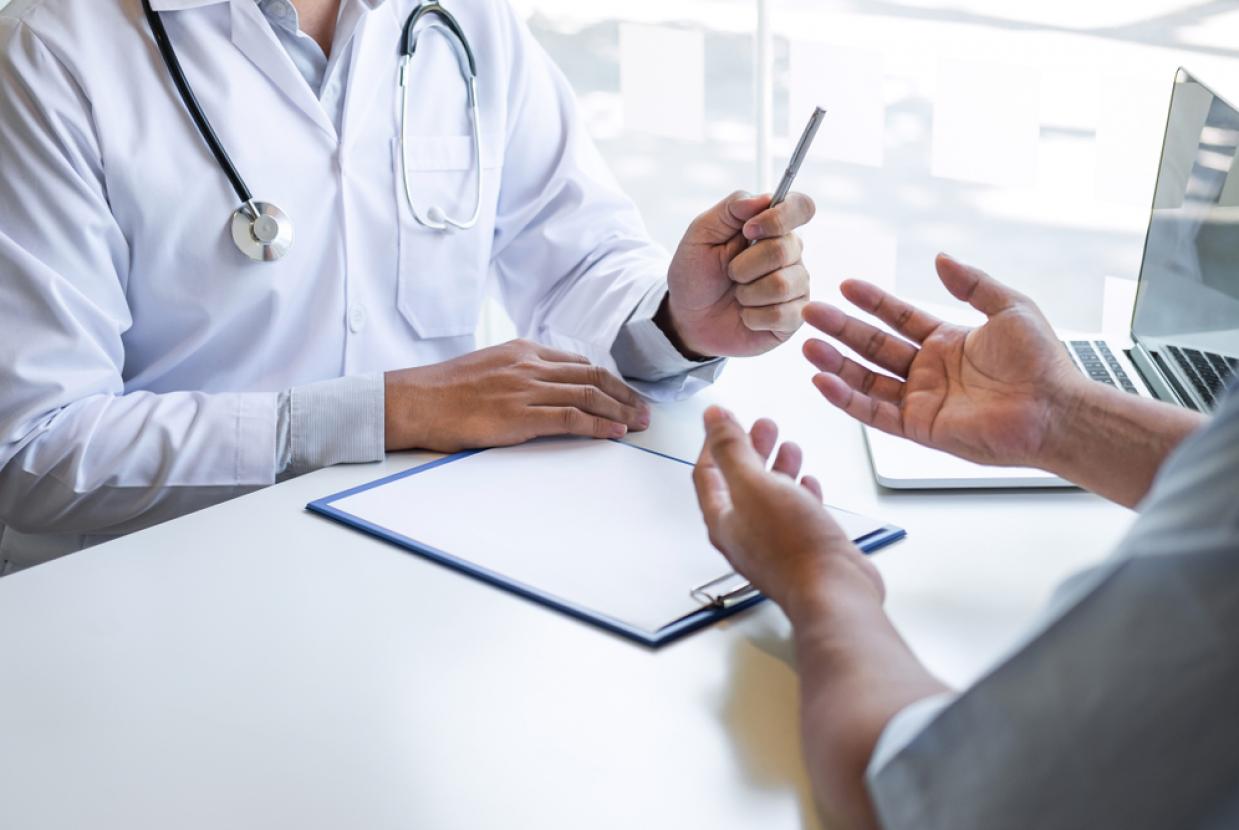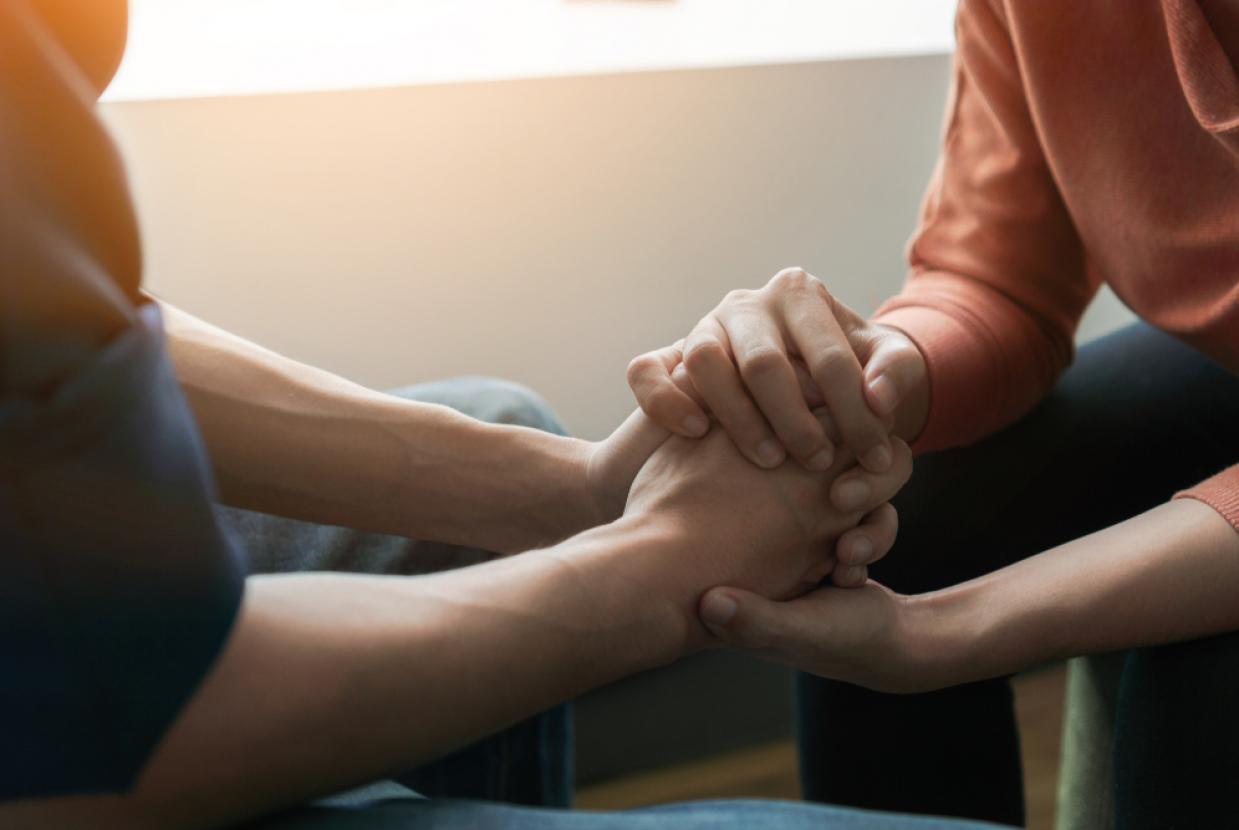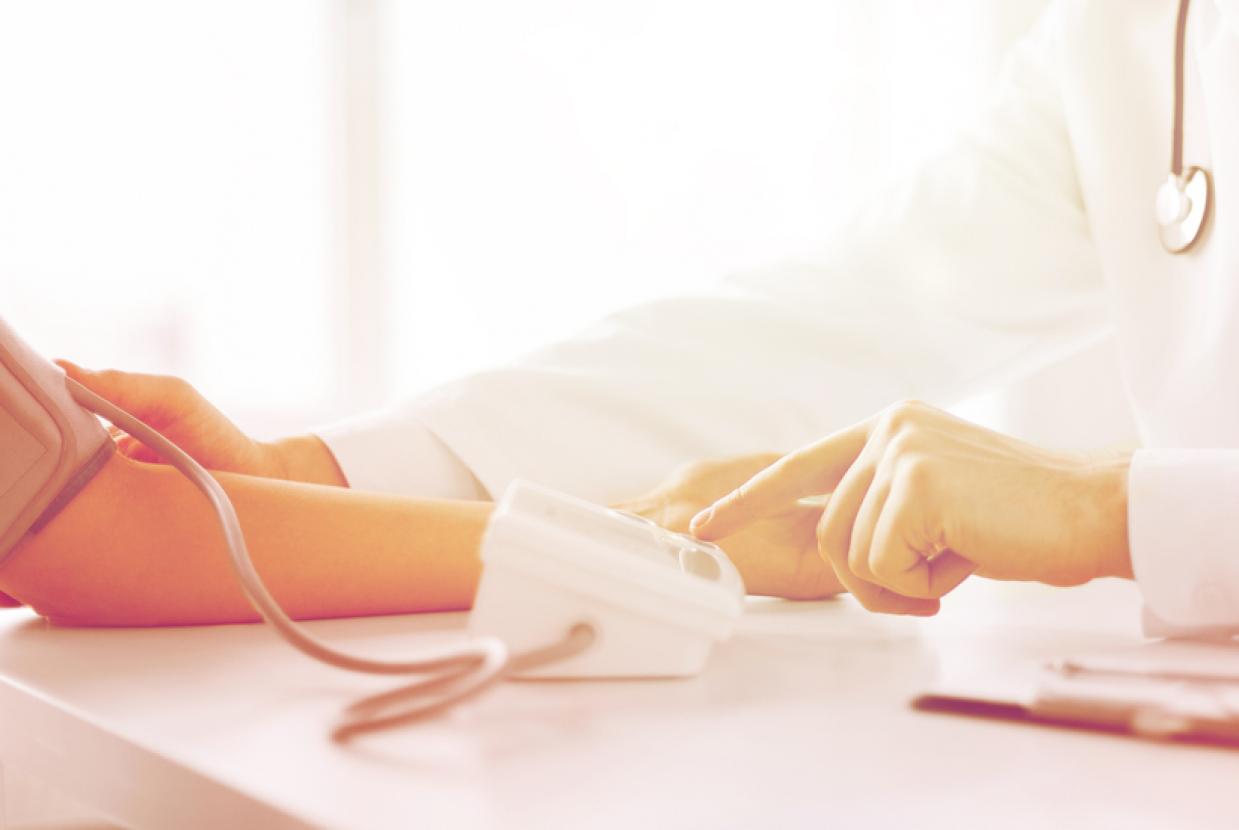Prostate Cancer & Work
Prostate cancer and the side effects of treatment can have an impact on your daily life. Get the facts about work, money, daily life and travel. If you have any further questions, speak to our Specialist Nurses over the phone.
For more information, download or order our booklet, Living with and after prostate cancer: A guide to physical, emotional and practical issues
Work
If you're living with and after cancer then continuing to work or returning to work can be an important way of getting back to everyday life. But not everyone is able to continue working, and some may decide to work part-time or take early retirement.
You may need to take time off work for treatments. This includes time for travelling to hospital and, for some men, time to recover. Ask your doctor or nurse for advice on how much time you will need to take off.
Side effects of treatments could affect your working day. For example, having urinary problems, hot flushes or tiredness may mean you need to take extra breaks.
Your rights at work
If you live in England, Scotland or Wales, the Equality Act protects your rights in different areas of life, including at work. The Equality Act is a law that protects anyone who has, or has had, a disability – and cancer is classed as a disability under this law. Even if you no longer have cancer, you are still protected against discrimination.
If you live in Northern Ireland, you have protection under the Disability Discrimination Act.
Under the Equality Act and Disability Discrimination Act your employer has a duty to make ‘reasonable adjustments’ to where and how you work, to make sure you get the same chances as the people you work with.
For example, a reasonable adjustment could be:
- giving you time off to go to medical appointments
- allowing extra breaks if you feel tired
- changing your job description to remove tasks that cause problems
- providing suitable toilet facilities.
You can find out more about your rights at work during and after cancer treatment from Macmillan Cancer Support.
What else can help?
If your employer learns more about prostate cancer and its treatment, they might be more understanding. If you don’t feel like talking about it, perhaps you could give them some of our publications to read.
Take a look at your company policies and employee handbook. Talk to your occupational health service for advice.
Go to your employer with suggestions about what would help you. For example, taking extra breaks, working from home, flexible hours, or changing your job role or duties for a while.
Know your legal rights. Find out more about the law and make sure your boss or company is aware of it. Contact your union if you are part of one. Your local Citizens Advice can also help.
If you are self-employed or if you’re looking for work, you can get more specific information from Macmillan Cancer Support or Disability Rights UK.
Money
If you’re struggling with the financial costs of cancer, or your income has changed, you should be able to get some help.
Sick pay
If you've had time off work, find out if you can get statutory sick pay, or occupational or company sick pay. Check your employment contract or contact your local Citizens Advice. You can get information from the official government website – gov.uk
Benefits
The benefits you are entitled to vary depending on whether you are working, how old you are and other factors. Find out more about benefits and how to apply for them.
- Visit the website gov.uk
- Get free advice from your local Citizens Advice
- Call Macmillan Cancer Support to get advice on benefits.
Other costs
You might also be able to get help with the costs of travel to and from hospital, and some other medical costs.
If you live in England and are having treatment for cancer, including treatments for symptoms or side effects, you are entitled to free prescriptions. You’ll need to apply for a medical exemption certificate. Ask your doctor for an FP92A form. Once you have filled out the form, your doctor will need to sign it, and you will be sent the certificate. You can find out more about free prescriptions on the NHS website. If you live in Scotland, Wales or Northern Ireland, all prescriptions are free.
Getting help at home
Some men with prostate cancer may find everyday tasks more difficult. This could be because of side effects, pain, or because they find it harder to move about.
If you need extra help in the home, speak to your GP or ask your local council for advice.Social services can assess your needs – and those of your carer, if you have one. They can work out what services can help, and provide information about support available in your area. Some services may be free. Or you may need to pay towards them.
You may be able to get help with:
- equipment or adaptations to your home
- help at home, for example with getting washed and dressed, cooking or tasks like housework or shopping
- breaks away from home for you or anyone who is caring for you.
Driving and public transport
There are various schemes available to help with transport. These include the Blue Badge Scheme for parking and cheap or free travel on public transport. Contact your local council for details. You could also apply to the Motability Scheme for help with buying or leasing a car.
Travel and travel insurance
If you're planning a holiday your cancer could affect things like where you go and how long you go away for. This shouldn't stop you from travelling but it may affect what you need to take with you and the sort of things you do while you're away.
Read our travel information for more information about planning a holiday and tips for sorting out travel insurance.



